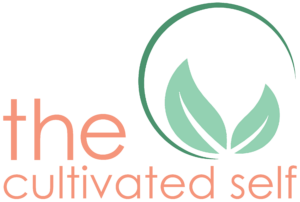What is the BMI? What is it not?
The Body Mass Index (BMI) is a widely used measure of body fat based on an individual’s weight and height. However, what many people may not realize is that the history of the BMI is steeped in racism and it is not an accurate way to assess one’s health.
Who developed BMI?
The BMI was first introduced in the early 19th century by a Belgian mathematician and statistician named Adolphe Quetelet. He developed the formula to study the relationship between weight and height among European populations. However, the BMI was not created to be applied to individuals of all races, ethnicities, and body types, but it was only intended to be used on white European populations.
How has BMI been used in the medical community?
The BMI was later adopted by the medical community in the early 20th century as a tool to determine whether a person was at a healthy weight. However, it was quickly realized that the BMI was not an accurate measure of health for people of different gender, race, ethnic, and cultural backgrounds. This means that the BMI would classify many individuals as overweight or obese, even if they were perfectly healthy.
Additionally, the BMI also fails to take into account other factors that contribute to overall health, such as muscle mass, bone density, and body composition. This means that the BMI can be misleading, as it does not differentiate between fat and muscle.
BMI is Oppressive and Discriminatory
Moreover, the BMI has been used as a tool of oppression and discrimination. It has been used to justify denying health insurance and employment opportunities, and even to support eugenic policies and forced sterilization.
In conclusion, the Body Mass Index (BMI) is a measure of body fat based on an individual’s weight and height. However, it has a racist history and is not an accurate way to assess one’s health. This tool has been used as a tool of oppression and discrimination and it is important to understand its limitations and not use it as the sole determinant of one’s health. Instead, healthcare providers should use a more holistic approach to assess an individual’s health instead of limiting care to being based on weight and BMI.
This course has been an honor to create for YOU and we are thrilled that it is available online. The Cultivated Self is an 8-session course. This course will guide you in cultivating a more positive relationship with food and your body.






